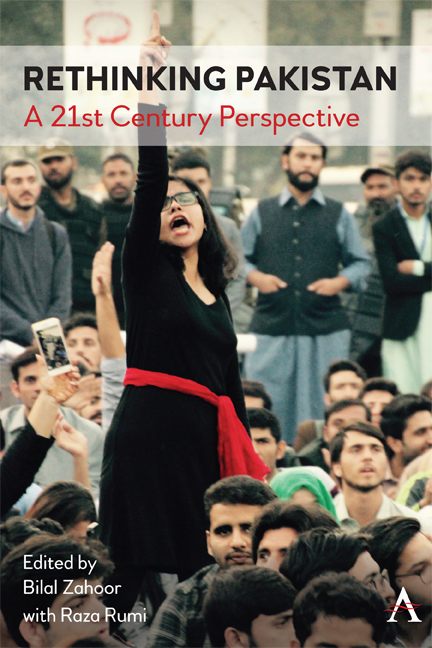Book contents
- Frontmatter
- Dedicated
- Contents
- Acknowledgements
- Introduction
- Part I Identity, Religion and Radicalisation
- Part II Development, Reform and Governance
- Part III Rights, Repression and Resistance
- Part IV Sex, Gender and Emancipation
- Part V Conflict, Diplomacy and Foreign Policy
- Contributors
- Bibliography
- Index
Chapter 5 - From Figures of Speech to Fists of Fury: Unchecked Incitements to Violence
Published online by Cambridge University Press: 20 January 2022
- Frontmatter
- Dedicated
- Contents
- Acknowledgements
- Introduction
- Part I Identity, Religion and Radicalisation
- Part II Development, Reform and Governance
- Part III Rights, Repression and Resistance
- Part IV Sex, Gender and Emancipation
- Part V Conflict, Diplomacy and Foreign Policy
- Contributors
- Bibliography
- Index
Summary
Unquiet Classrooms
Universities are emblems of a nation's aspirations and the capstones of any education system. In the life of the next generation, a university degree is the first real transition into adulthood. But in the years leading up to graduation, university life is supposed to be a safe space: a place to learn about the world while being protected from it. This, perhaps, is the reason why every incidence of campus violence leaves us anguished and transfixed; more so when this violence is emanating not from terrorist outsiders but from student groups within, simply for holding different views. If this 4 per cent – the percentage of the population going to a university – can be flipped, what does this mean for the rest?
Pakistan was gripped with fervent attention when fellow students killed one of their own after finding him in his hostel room. Most people reading this line will probably have the name Mashal Khan flash before their eyes in an act of recognition. But the student we refer to here is Adnan Abdul Qadir, murdered in 2010 in the University of Engineering and Technology (UET), Peshawar, by eight students of the Islami Jamiat Talaba (IJT), for listening to music in his hostel room. Just as in Mashal Khan's case, Adnan's death infuriated people and spurred questions about how far extremist tendencies had pervaded our social fabric. But Adnan's story fading from the memory is an indictment of how much things have worsened and, in some ways, normalised, as only those incidents that are truly blood-curdling or new in some fashion manage to capture our collective imagination.
Atomised Anger
In this essay we would argue that unchecked hate speech is at the very root of this issue. New ideas, aimed at supplanting society's norms and justifying violent means to achieve them, have gained credence over time with some of them, as we shall see in a while, enjoying the tacit support of the state. With the advent of digital communication technologies, the world, and not just Pakistan, has seen an explosion in the availability of pulpits for the preachers of hate. Deleterious microphones have been atomised, and the means of controlling broadcasts have yet to be conclusively decided.
- Type
- Chapter
- Information
- Rethinking PakistanA 21st Century Perspective, pp. 59 - 66Publisher: Anthem PressPrint publication year: 2020



